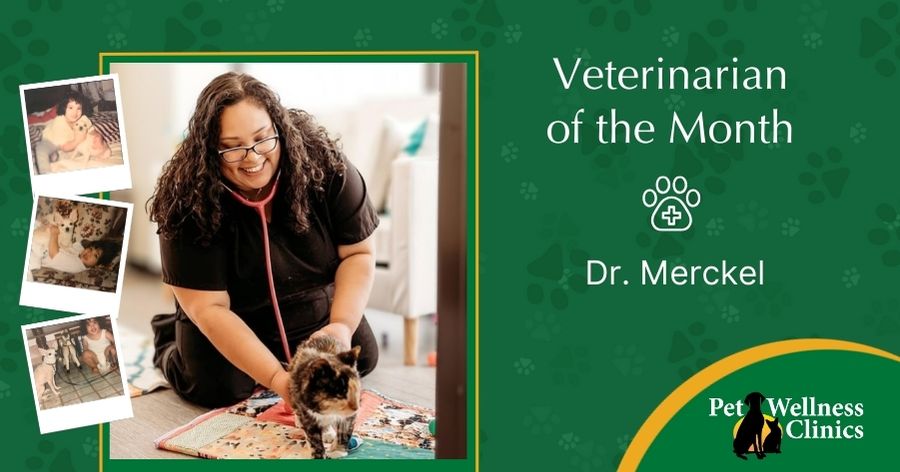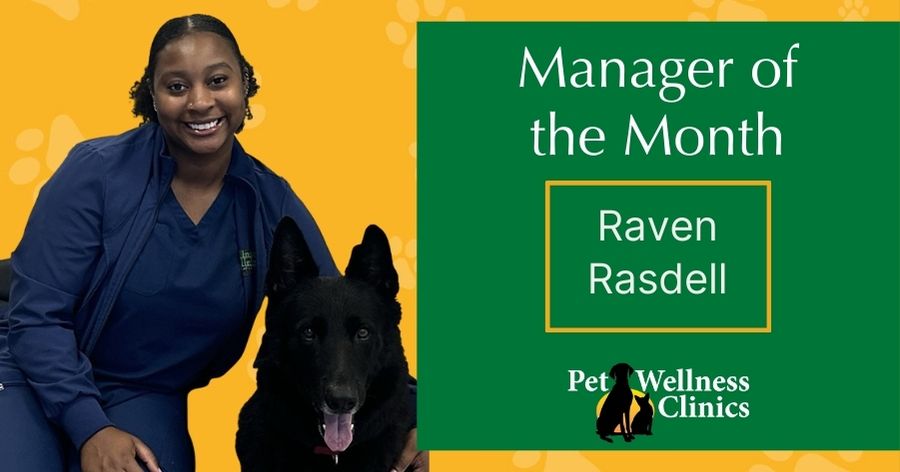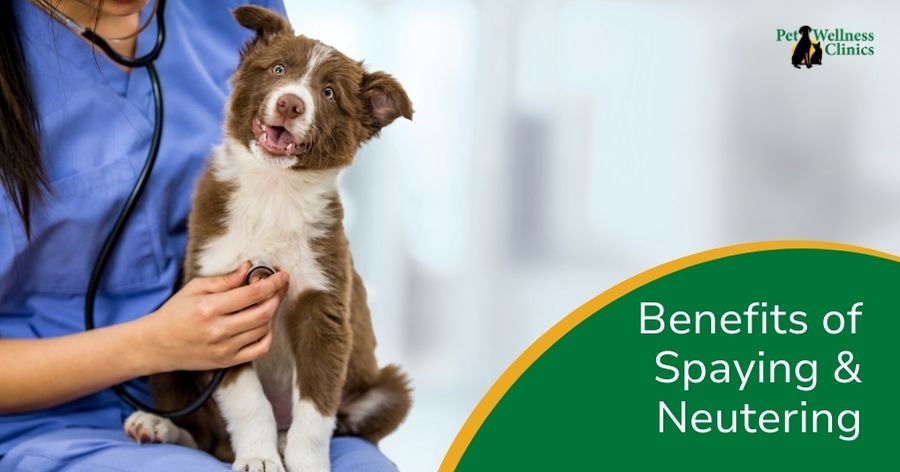Brushing and flossing our teeth may come second nature to us, but if you are relatively new to pet parenting, you may not realize how important it is to take the time to care for your pet’s teeth as well.
Poor dental care has been shown to negatively affect our oral health, as well as our overall health and wellbeing. The same can be said for your pet’s health. In addition to tooth decay, oral infections and tooth loss, bad dental health can also contribute towards the development of chronic conditions such as diabetes and heart disease. Oral infections can also penetrate the rest of the body, affecting the major organs and in some cases, even causing life-threatening sepsis.
As responsible owners, it is our duty to make sure to do everything possible to ensure that your beloved pet lives a long and healthy life.
Although your veterinarian can perform professional cleanings every 6-12 months (depending on the needs of your pet), one of the best ways to support your pet’s dental needs is to care for their teeth as much as you can at home.
Brushing your pet’s teeth
The idea of keeping your pet still enough to brush their teeth may seem like an impossible one. However, with patience and practice, many owners find that they can build brushing their pet’s teeth into their daily routine and as such, their animal learns to tolerate it well.
It is important to choose a toothbrush and a toothpaste that is designed for your type of pet. Finger toothbrushes, work best on young animals or small jaws. Never use human toothpaste, as this could make your pet sick. Most owners begin training their pet to tolerate brushing by first introducing them to the toothpaste. Pop a little on your finger and let your pet sniff and lick it for a few days so that they can get used to the smell and taste. The type of toothpaste should be a flavor that is highly palatable so your pet enjoys the taste and is willing to stand for the strange brushing sensation. After your pet is comfortable with the brushing process, the toothpaste flavor can be changed.
To Brush Teeth:
Over time, the majority of pets become very accepting of the brushing process and many even enjoy it. If your pet seems unable to tolerate brushing, or if you have concerns over the technique that you are using, speak to your veterinarian for further advice.
Chew Toys
It may surprise you to know that chew toys can be used for more than just entertainment. Besides the physical disruption of bacteria along the surfaces of teeth, chewing also stimulates the body to make saliva, your pet’s natural defence against tooth decay. This is because saliva helps neutralize the acids found in bacteria, preventing them from causing damage to the teeth. Therefore, by encouraging your pet to chew the right things (toys, not furniture or shoes!) you can help keep their minds occupied and support his dental health.
Regular visits to your veterinarian
Many veterinarians offer dental services in their repertoire, which makes us an ideal partner in your quest to support your pet’s oral health. At College Park Pet Wellness Clinic, we have the training, experience, access, and equipment to be able to identify and treat dental problems early, before they can have a significant impact on your pet’s life.
Make sure you follow the schedule of appointments recommended to you by your veterinarian to give your pet the best dental care possible. Is your pet due for a professional cleaning? Call our veterinary office today.


